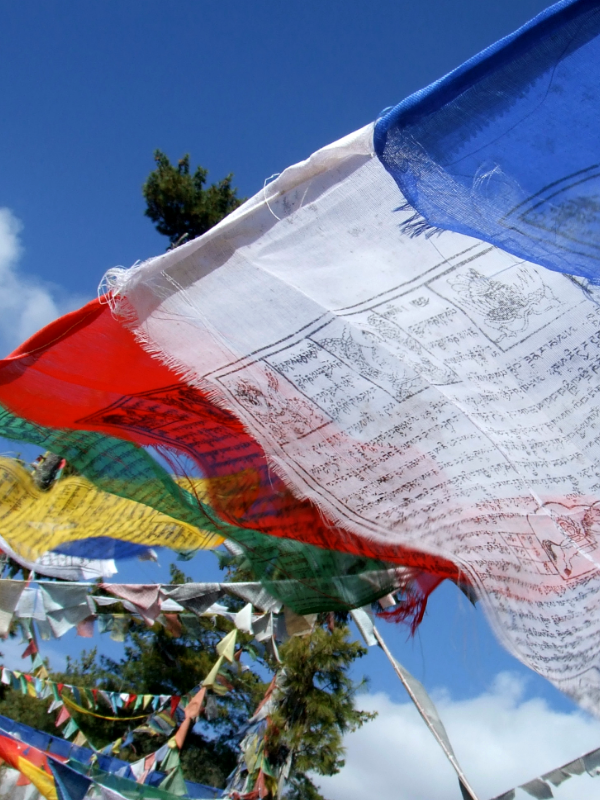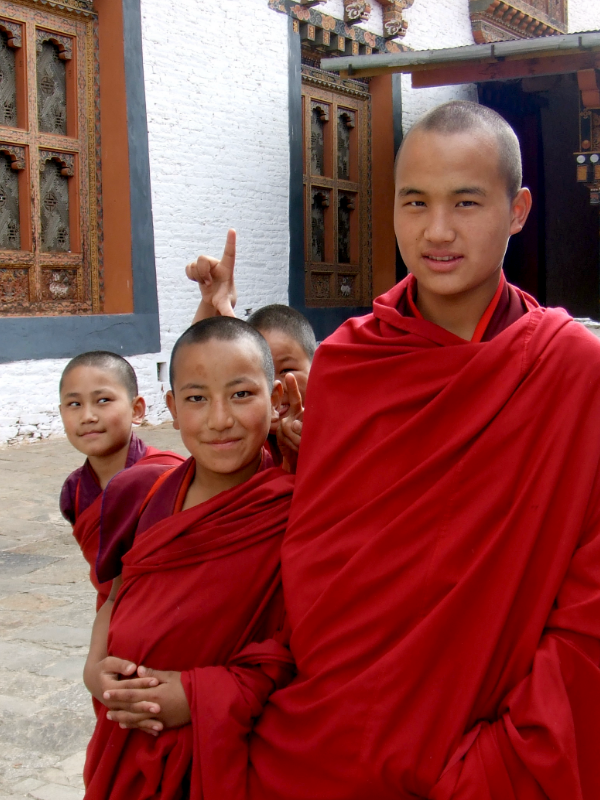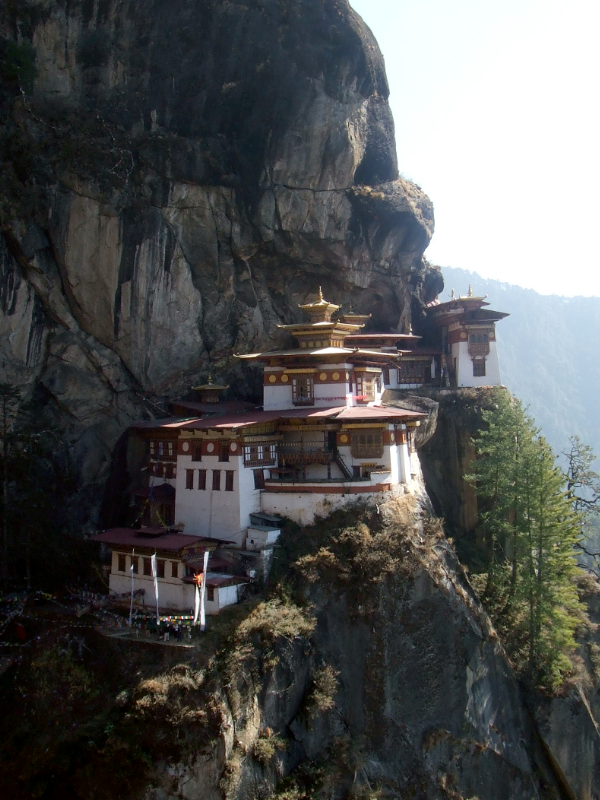Chapter 1
Undone
My first stop would be Tibet. My curiosity about this lovely place went way back. As a kid, I was an avid stamp collector, and I remember scouring the globe for this obscure place, Tibet, that didn’t have its own stamps. Every other country had its own.
“Because they’re part of China,” my dad shrugged and went back to mowing the lawn, the air thick with the smell of grass and new spring. As I pulled out weeds with my small fists, I was determined to get to the bottom of it. How strange. Even odder that their leader, the Dalai Lama, with his big thick dark glasses and his kind warming face that reminded me of hot soup on a rainy day, wouldn’t go back to Tibet. He seemed to travel a lot but just never went home.
I learned years later that the Dalai Lama’s life had been threatened, and he had fled his homeland to escape the Chinese occupation. I couldn’t imagine another country invading Canada and our Prime Minister having to escape or be killed.
Read MoreThen I hit my teenage years and forgot about faraway countries that had no stamps and a homeless leader, and I concentrated on school, boys and why my body was changing so much. It wasn’t until after my university days that a BBC documentary about Tibet awakened my desire to travel there again. As my eyes followed the procession of Tibetan monks trailing the prayer wheels circuit, I thought: I have to go there one day. Everything seemed so peaceful. The way the colorful prayer flags decorated the exterior of temples and mountain passes, like ribbons on presents. The way the saffron robes graced the creaking floors of wooden temples, while the low, soothing sounds of Tibetan trumpets echoed in hallways.
This isolated place, tucked away in the Himalayan Mountains, where McDonalds and Coca Cola hadn’t penetrated, fascinated me. There would be no Starbucks on every corner, no ads constantly flashing in my face, or at least I didn’t think so. I wanted to experience that seclusion, to let my fingers run down the walls of temples where only my footsteps could be heard padding up and down the stairs.
My curiosity for Tibet never left me, but it would be many years before I would travel near that region. Not only was it difficult to get there, but Tibet had been closed to tourists for many years. Instead, shortly after university, I traveled to other places in Southeast Asia, including Vietnam, Malaysia and the Philippines. But now that I was at Tibet’s doorstep, having lived in nearby Beijing, and with the Chinese government encouraging tourism, it was time.
And then there was the lure of Mount Everest, its first base camp by the border between Tibet and Nepal. Imagine standing at the foot of the highest mountain on earth! Throughout high school, I had read fascinating stories of those who succeeded and many who perished climbing to the formidable peak, the ground littered over the years with their frozen corpses.
I could go anywhere after that. Thailand, with its beautiful beaches. Burma, with its hundreds of abandoned Buddhist temples dotting the landscape. Cambodia’s Angkor Wat temples.
I wanted to cruise down an unknown street and try a different concoction of food every day, to get lost in a crowd, to be nameless, to relish the transience of meeting others who didn’t care about knowing my past or belonging to my future. I wanted the here and now, the freedom to be engaged in the moment.


Chapter 5
Prayer Wheels
Just as a temple could harbor ghosts of the painful past, so the temple of my mind walled a furtive place where my own secrets lived. And where there were secrets, there was often shame. I couldn’t speak about my past, not yet. Maybe when I was ready. When I could turn around and not see Christophe’s ghost trailing behind me.
As the sun set later that day, its warm rays beaming down on the fluttering prayer flags strung between the posts, I visited the prayer wheels that surrounded the entire temple. Hundreds of brass wheels perched on dusty wooden racks, row after row, with polished knobs at the base you could turn when walking past. It is believed that with each spin, your prayer flies upwards to heaven.
However difficult or painful this journey will be, I will survive and get to the other side.
I marched forward with one foot following the next. My right hand spun the prayer wheels, which whirred away, sending my message of healing to the skies.”.
Chapter 3
Waiting
I paced up and down the lobby and then stood at the window. I caught a glimpse of myself in the glass reflection: my face looked tired, and much older than my 29 years. Lines appeared at the edge of my eyes, pinched at the corners.
I had gotten used to staring at myself in the mirror. Staring and wondering when things would make sense again. When his drinking would stop and my depression would end. When I could piece my life back together and not have to wake up feeling out of sorts, like I didn’t fit anywhere. Staring and wondering.
Then it hit me for the first time: I have left. I am no longer in Beijing. The reflection in the glass showed a big smile. That’s right. This is the first step in leaving everything behind. One thing for sure: I couldn’t wait to get the hell away from having to explain myself.
Read MoreI remembered the pressure I felt after we broke up, the explanations needed to justify the empty space beside me at functions and dinners. It was hard to accept being single again after having been part of a couple for so long. When people would ask, I had to sum up the most jarring and painful experience of my life in a few sentences.
In the end, I simply said, “We just have a lot of differences.”
And when I wasn’t giving explanations to others, I looked for some of my own. In my incomprehension, I dug deeper into my depression. Why venture out when there was no one to trust? Why give away your heart to someone who could change his mind?
I walked around in a daze, attended expatriate parties and sat in the corner and watched and pondered. I scrutinized couples and thought, what bridge of trust did they take? I imagined sitting one of them down and saying, Honey, you think you know someone, you know exactly how he likes to order his complicated iced frappuccino at Starbucks, what cheeses he enjoys at the local Carrefour, which facial expression means what. But you don’t. You don’t truly know anyone. Life is fleeting. Unpredictable. Dangerous.

